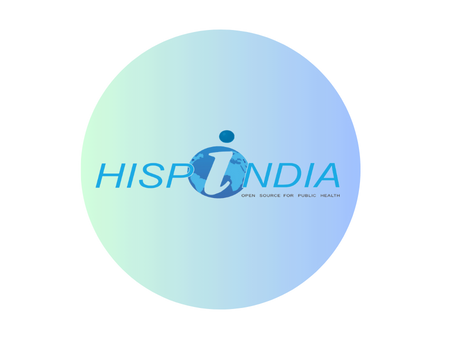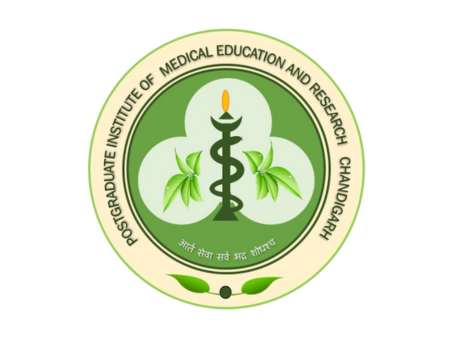Digital Platforms for Disease Surveillance and Control: Best Practices from Asia
Leveraging digital health innovations for effective healthcare delivery and impact.
About DMgtAsia Program
The DMgtAsia program, funded by the Directorate of Higher Education, Norway, is dedicated to strengthening digital platforms for disease surveillance and control across Asia. This initiative addresses the critical need for skilled professionals in digital health by offering comprehensive training in public health informatics to both master’s students in healthcare and professionals. DMgtAsia equips participants with essential digital skills to enhance healthcare service delivery, manage outbreaks, ensure data security, and improve health outcomes. By fostering regional collaboration and capacity building, the program plays a vital role in advancing digital health infrastructure and preparedness in Asia.
Key Highlights of the Program
Target Audience
Relevance for education & practice
Skill Development
Modular Learning
Hands-on Experience
Capacity Building
About the Courses
The DMgtAsia program curriculum covers key areas including Public Health Informatics, Antimicrobial Stewardship, Disease Control, Digital Health Policy, and Data Science for Public Health. Each course blends theoretical knowledge with practical training through real-world case studies and interactive sessions. Delivered via Moodle, the flexible modules ensure accessible and self-paced learning, equipping participants with essential digital health skills to enhance healthcare delivery and strengthen public health systems.
- Fundamentals of Public Health Informatics
- Systems Approach for Antimicrobial Stewardship
- Disease Control and Management Systems
- Digital Health Policy for LMICs
- Data Science for Public Health
Fundamentals of Public Health Informatics: An Emerging Multi-Disciplinary Field
Offered by : University of Oslo (UiO), Norway and HISP India
This course introduces the core concepts of public health informatics, focusing on the integration of digital technologies in healthcare. It covers systems thinking approach, health information systems, and essential digital health skills required for improving healthcare delivery, and decision-making in public health. The course emphasizes practical skills through real-world applications, preparing participants to tackle modern public health challenges with innovative digital solutions.
- Learning Block 1 : Foundations of Public Health Informatics (PHI)
- Learning Block 2 : Understanding Public Health Data
- Learning Block 3 : The Integration Challenge
- Learning Block 4 : The Capacity Building Challenge
- Learning Block 5 : Way Forward
Systems Approach for Antimicrobial Stewardship (AMS)
Offered by: Post Graduate Institute of Medical Education & Research, Chandigarh
The Systems Approach for Antimicrobial Stewardship (AMS) course addresses the growing global threat of antimicrobial resistance (AMR), particularly in low- and middle-income countries (LMICs). AMR, recognized by the UN and WHO as a critical challenge, is exacerbated by the overuse and misuse of antimicrobials. This course equips participants with knowledge and skills to implement AMS strategies using a systems thinking approach, focusing on ecosystems, stakeholders, and the complexities of antimicrobial use in LMIC settings. It also covers data requirements for AMS policies and prepares trainees to plan, execute, and evaluate AMS interventions effectively in diverse healthcare environments.
- Learning Block 1: Understanding AMR
- Learning Block 2: Antimicrobial stewardship and understanding its complexities
- Learning Block 3: Planning and building AMS interventions
- Learning Block 4: Evaluation of AMS
- Final Assignment
Disease Control and Management Systems
Offered by : Jawaharlal Nehru University, New Delhi
The Disease Control and Management Systems course is designed to equip students with essential knowledge and skills to address the high burden of communicable diseases, particularly in low- and middle-income countries (LMICs). With developing countries facing disproportionately high morbidity and mortality rates, along with frequent pandemics such as COVID-19, this course introduces key concepts in communicable disease epidemiology and population-level management strategies. It also explores best practices for disease control and management across LMICs, preparing students to effectively respond to public health challenges in the context of the Global South.
- Learning Block-1: Introduction to Basic Concepts
- Learning Block-2: Understanding Disease Burden
- Learning Block-3: Disease Prevention
- Learning Block-4: Disease Management
- Learning Block-5: Monitoring and Evaluation for Communicable Diseases
- Learning Block-6: State, Society and Communicable Disease Control
Digital Health Policy for Low and Middle-Income Countries (LMICs)
Offered by : Sree Chitra Tirunal Institute for Medical Sciences and Technology, Trivandrum
The Digital Health Policy for Low and Middle-Income Countries (LMICs) course provides a comprehensive understanding of the critical role digital health technologies play in transforming healthcare delivery, disease surveillance, and health outcomes. As digital health solutions continue to evolve, particularly in resource-limited settings, the need for well-defined policies and regulations has become increasingly vital. This course equips students with essential knowledge of digital health frameworks, emerging trends, and policy implications, focusing on addressing ethical challenges, data privacy, and the integration of digital tools into existing healthcare systems. Emphasizing the importance of evidence-based decision-making, especially in the wake of the COVID-19 pandemic, the course prepares participants to navigate the complex regulatory landscape and contribute to the responsible and effective use of digital health innovations in LMICs.
- Learning Block 1 : Introduction to Digital Health Policy
- Learning Block 2 : Policy Dimensions and Considerations
- Learning Block 3 : Strategies and Future Directions
Data Science for Public Health: Managing Outbreaks and Epidemics
Offered by : Sree Chitra Tirunal Institute for Medical Sciences and Technology, Trivandrum
The Data Science for Public Health: Managing Outbreaks and Epidemics course is designed for master’s level students, offering an introduction to the intersection of public health and informatics. This course equips participants with essential data science skills to manage and respond to public health outbreaks and epidemics. While prior knowledge of public health concepts, infectious diseases, and basic statistics is beneficial, it is not mandatory. Participants without this background are encouraged to pursue supplemental study to enhance their learning experience and effectively apply data-driven approaches in public health crisis management.
- Learning Block 1: Basic
- Learning Block 2: Intermediate
- Learning Block 3: Advanced





